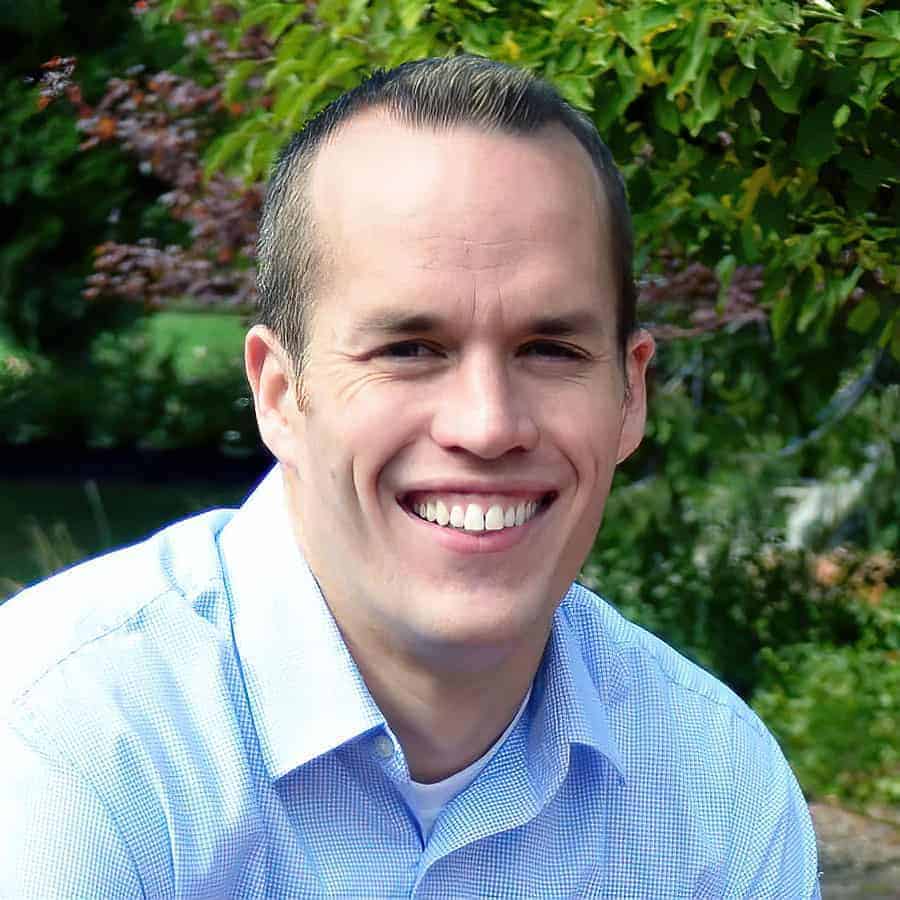In this episode, we talk to Kirils Holstovs MEng (Hons) GMICE, an engineer at AECOM working in transportation, and a co-lead of the World Federation of Engineering Organizations (WFEO) Young Engineers / Future Leaders’ Working Group on Climate Action, about sustainable development and innovation in engineering, and how engineers can bridge the science-policy divide in climate action.
***The video version of this episode can be viewed here.***
Engineering Quotes:
Here Are Some of the Key Points Discussed About Addressing Climate Challenges and Promoting Sustainable Development:
- Before university, Kirils already embraced a passion for positive environmental impact, which carried into his career, where he prioritizes leaving a meaningful legacy through sustainable practices. Engineers, with their world-shaping responsibility, must integrate sustainability for better societal, economic, and social outcomes, highlighting the need to shift from traditional methods to prioritize sustainability across all aspects.
- The New Civil Engineer and future leader recognition awards showcase a dedication to sustainability through impactful initiatives and reshaping business models for global change. The emphasis is not just on personal recognition but on magnifying initiative outcomes and collaborating with fellow enthusiasts.
- Since COP21, the flagship UN Climate Summit, aimed at advancing global climate efforts, has engaged in a series of events, with the upcoming COP28 in Dubai being the latest. A vital component will be the global stocktake of the Paris Agreement, evaluating progress toward the goal of limiting warming to 1.5 degrees Celsius. Notably, progress varies across areas, even in leading countries like the U.S., where policies often lag behind industry innovation. Engineers play a key role in showcasing industry readiness and collaborating with policymakers for sustainable development. Close cooperation between industry and policymakers is crucial to achieving our global climate goals.
- Positive social, economic, and financial outcomes are closely linked to collaborative sustainable development efforts. Demonstrated by the evolving ISO 2080 standard, diverse industry players like asset owners, designers, constructors, and manufacturers work together to identify efficient solutions, share knowledge, and achieve unified sustainable outcomes, reflecting a growing industry shift.
- Young engineers are crucial for innovation and change. They bring new ideas and teamwork to solve problems like climate change, using the latest methods to make a difference from the start.
- Young engineers are driving global change through platforms like the Young Future Leaders group, influencing climate action discussions at major events, and bridging the gap between science and policy for a sustainable future. This diverse group, ranging from 18-year-old newcomers to 30-year-old experts, actively engages with policymakers to ensure accountability and progress.
- Speak up, question the norm in supportive workplaces, and learn how to turn your ideas into practical changes that match what the industry needs.
More in This Episode…
In the Take Action Today segment of the show, Kirils talks about taking responsibility and personal leadership for implementing your initiative.
About the Guest, Kirils Holstovs MEng (Hons) GMICE

About the Host, Jeff Perry, MBA

You can connect with Jeff on LinkedIn at https://www.linkedin.com/in/jeffcperry/ or visit his website, https://morethan-engineering.com. Jeff also has a new, FREE, on-demand training course for engineers who are job searching or in job transitions. You can see it at https://engineeringcareeraccelerator.com.
Resources and Links Mentioned in This Session Include:
AECOM
Newcastle University
UNFCCC COP 28
Paris Agreement
RIO + 20
World Federation of Engineering Organizations
G20
G7
Connect with Kirils Holstovs MEng (Hons) GMICE, on LinkedIn
We would love to hear any questions you might have or stories you might share on engineering a sustainable future, addressing climate challenges, and promoting sustainable development.
Please leave your comments, feedback, or questions in the section below.













